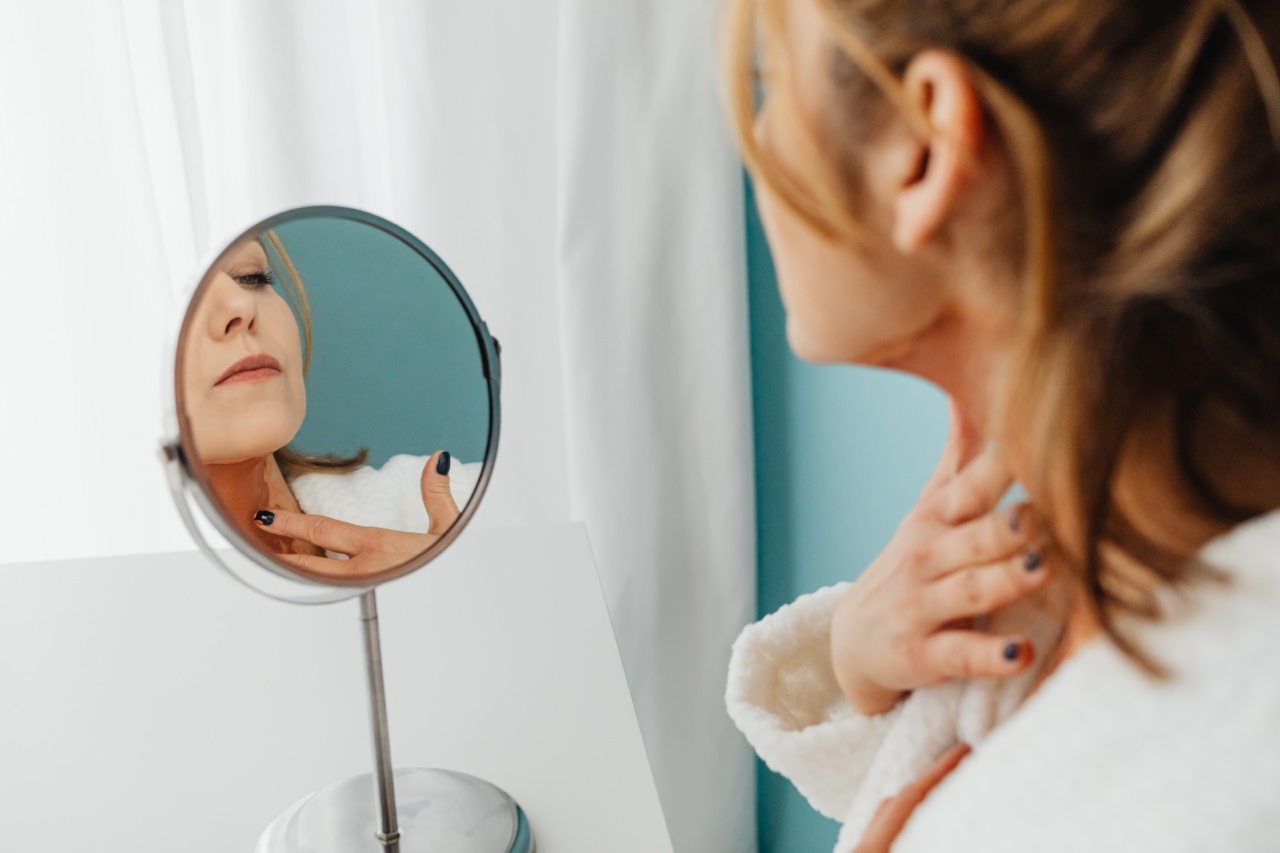Neck hernia, also known as cervical hernia, occurs when a disc in the neck ruptures and the nucleus pulposus (soft, jelly-like material) protrudes out into the spinal canal. This causes pain, weakness, and numbness in the neck, arms, and hands.
In severe cases, it can lead to paralysis.
Causes and Risk Factors
Neck hernia can be caused by several factors. These include:.
- Age-related degeneration of the spinal discs
- Excessive strain or injury to the neck
- Poor posture
- Obesity
- Smoking
People who work in jobs that require repetitive or continuous neck movements, such as computer professionals, are at a higher risk of developing neck hernia.
Symptoms
The symptoms of neck hernia vary depending on the severity of the condition. Common symptoms include:.
- Pain and stiffness in the neck and shoulders
- Weakness or numbness in the arms, hands, and fingers
- Tingling sensation in the neck and arms
- Loss of balance and coordination
- Difficulty in gripping objects
- Muscle spasms
In severe cases, neck hernia can cause difficulty in breathing, swallowing, and speaking.
Diagnosis
To diagnose neck hernia, your doctor will first perform a physical examination to check for any muscle weakness or numbness. They may also ask you to perform certain movements to evaluate your range of motion.
Imaging tests such as X-rays, MRI, and CT scans may also be ordered to identify the location and severity of the hernia.
Treatment Options
The treatment for neck hernia depends on the severity of the condition and the symptoms experienced by the patient. The following are the most common treatment options:.
1. Medications
Painkillers, muscle relaxants, and nonsteroidal anti-inflammatory drugs (NSAIDs) can help relieve pain and inflammation associated with neck hernia.
2. Physical Therapy
Physical therapy can help improve the range of motion in the neck and reduce muscle spasms. It may include exercises, massages, and heat therapy.
3. Rest
Rest and avoiding any activity that worsens the symptoms can help the hernia heal. Your doctor may also advise you to use a soft collar to support your neck.
4. Surgery
If conservative treatments do not provide relief, surgery may be required. The most common surgical procedure for neck hernia is discectomy, which involves removing the herniated disc and relieving pressure on the spinal cord.
Prevention
The following preventive measures can reduce the risk of developing neck hernia:.
- Adopting good posture
- Taking breaks during work or activities that require continuous neck movements
- Regular exercise to strengthen the neck muscles
- Avoiding smoking and maintaining a healthy weight
Identifying early symptoms and seeking prompt medical attention can also prevent the condition from worsening.






























